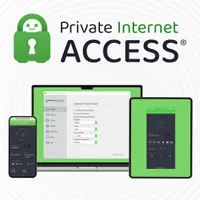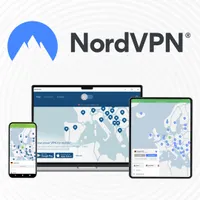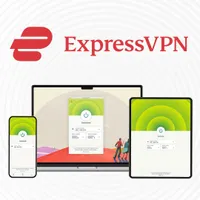The most private VPN: 2026's best no log VPNs to stay anonymous online
These VPNs put the 'private' into virtual private network
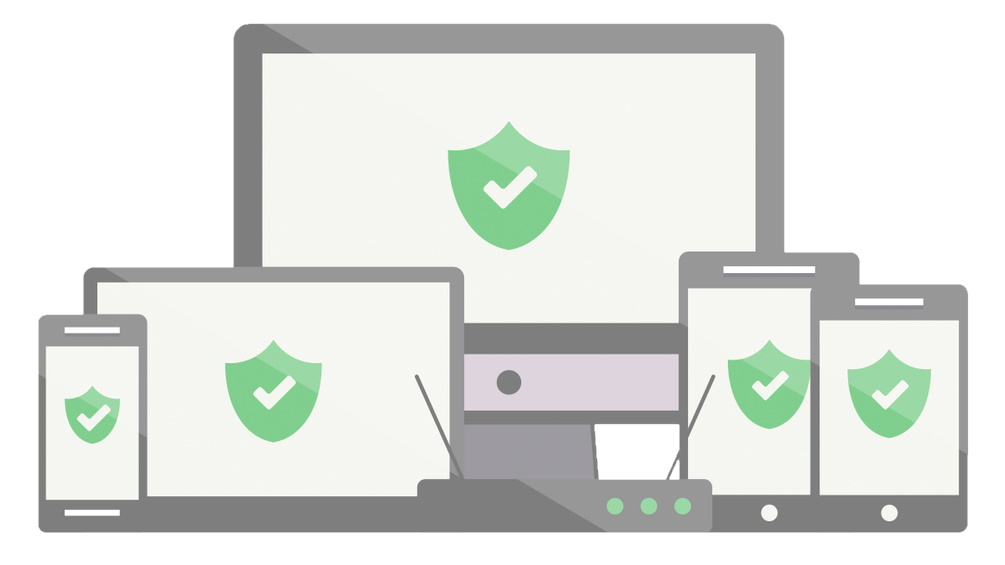
Sign up for breaking news, reviews, opinion, top tech deals, and more.
You are now subscribed
Your newsletter sign-up was successful
Finding the most private VPN can be challenging, and figuring out which ones don't keep logs only makes things more difficult. Luckily, the TechRadar team has done the hard work for you.
We've tested today's biggest and best VPNs, analyzing their security tools, speed, unblocking power, and value for money.
Keep reading, and I'll guide you through my top no-log services and explain why they edged out their competitors in today's crowded VPN market.
The best no log VPNs in 2026: my top three
1. Private Internet Access
The best no-logs VPN
Private Internet Access(PIA) has carved out an impressive niche in the industry as one of the most secure services available. The provider has proven its no-logs claims in court—not once, but twice—and secures your browsing sessions with top-notch encryption. PIA is a budget-friendly pick, too, meaning you don't have to sacrifice security to bag a bargain. Check out PIA for yourself, risk-free, with a 30-day money-back guarantee, and see how it stacks up against NordVPN and ExpressVPN.
2. NordVPN
The best VPN overall
NordVPN is sitting pretty at the top of our overall rankings—and for good reason. It's a reliable (and inexpensive) choice that's jam-packed with features designed to keep your personal data safe from snoopers. A no-logs policy is the cherry on top, and NordVPN works like a charm on pretty much every device out there. Take NordVPN for a test drive in your own time with a 30-day money-back guarantee.
3. ExpressVPN
The best pick for beginners
ExpressVPN makes using a VPN nice and easy—even if you're totally new to the tech. A quick connect feature automatically pairs you up with a speedy server, you won't have to worry about manual configuration, and a proven no-logs policy has you covered. The caveat here is that ExpressVPN is pretty pricey. However, you're getting a premium, luxe service with stylish apps for all platforms. Be sure to put its 30-day money-back guarantee to good use before committing to a long-term plan.
The best no log VPN services in 2026
Why you can trust TechRadar
The most private VPN overall
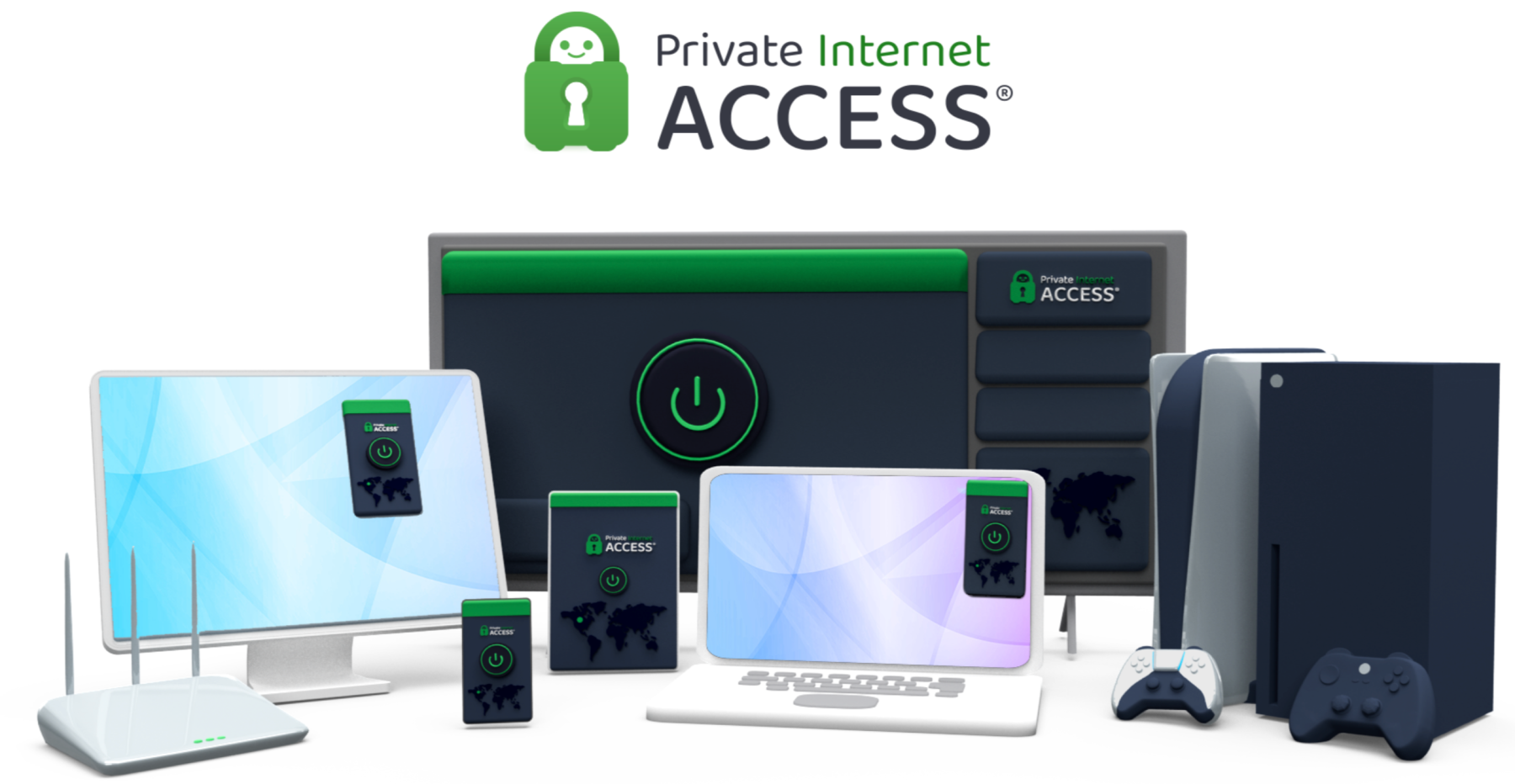
1. Private Internet Access (PIA)
A proven and privacy-focused no logs VPN
Audited no log policy: Yes | Based in: United States | Available on: Windows, Mac, iOS, Android, Linux (GUI), routers and more | Simultaneous connections: Unlimited | Refund period: 30 days
Private Internet Access (or PIA to its friends) is a long-standing favorite of privacy-conscious folks everywhere. It has a long list of features that'll keep your browsing sessions secure, but its calling card is the proven no-logs policy, which has stood up to scrutiny in court on two separate occasions. When the American authorities presented PIA with a warrant for information, PIA had no data to hand over because it hadn't gathered any in the first place.
If you want to check out PIA's transparency for yourself, you'll be glad to learn that all of the provider’s apps are open-source, meaning anyone can take a peek at the source code to check for vulnerabilities, verify its privacy claims, and otherwise audit it themselves. It’s great to see a popular VPN taking this extra step to prove its commitment to user security (on top of its audits).
▶ Try Private Internet Access on unlimited devices.
Read more about PIA ▼
PIA pushes the boat out when it comes to servers, too, with tens of thousands of options to choose from. So, if you're trying to access geo-restricted streaming content that isn’t available in your country, you can spoof your location in just a few clicks. Oh, and PIA's dedicated streaming servers are another nice bonus, too.
It is worth noting that PIA's apps aren't exactly newbie-friendly. They're jam-packed with tools, which is great for VPN veterans who want to get stuck into the nitty gritty but less so for first-time users who prefer a more streamlined experience. Overall, PIA just isn't as intuitive as ExpressVPN and Surfshark. On the plus side, however, PIA is one of a handful of providers to offer a full Linux GUI (visual app) rather than a command-line interface.
I also like that PIA comes with built-in tools designed to keep your browsing sessions free from third-party snooping and annoying invasive ads. It's all thanks to the MACE feature, which banishes ads, trackers, and malware, and our most recent testing found that the tool was pretty effective, too, blocking 81% of ads and 96% of trackers. It's great to have this peace of mind as you go about your day-to-day web surfing.
It's well worth taking PIA for a test spin, especially since you'll get unlimited simultaneous connections to play with. So, whether you have a ton of gadgets you want to protect or a whole household of folks with mobiles and laptops who need coverage, PIA has your back. See for yourself with a 30-day money-back guarantee.
The best fast VPN
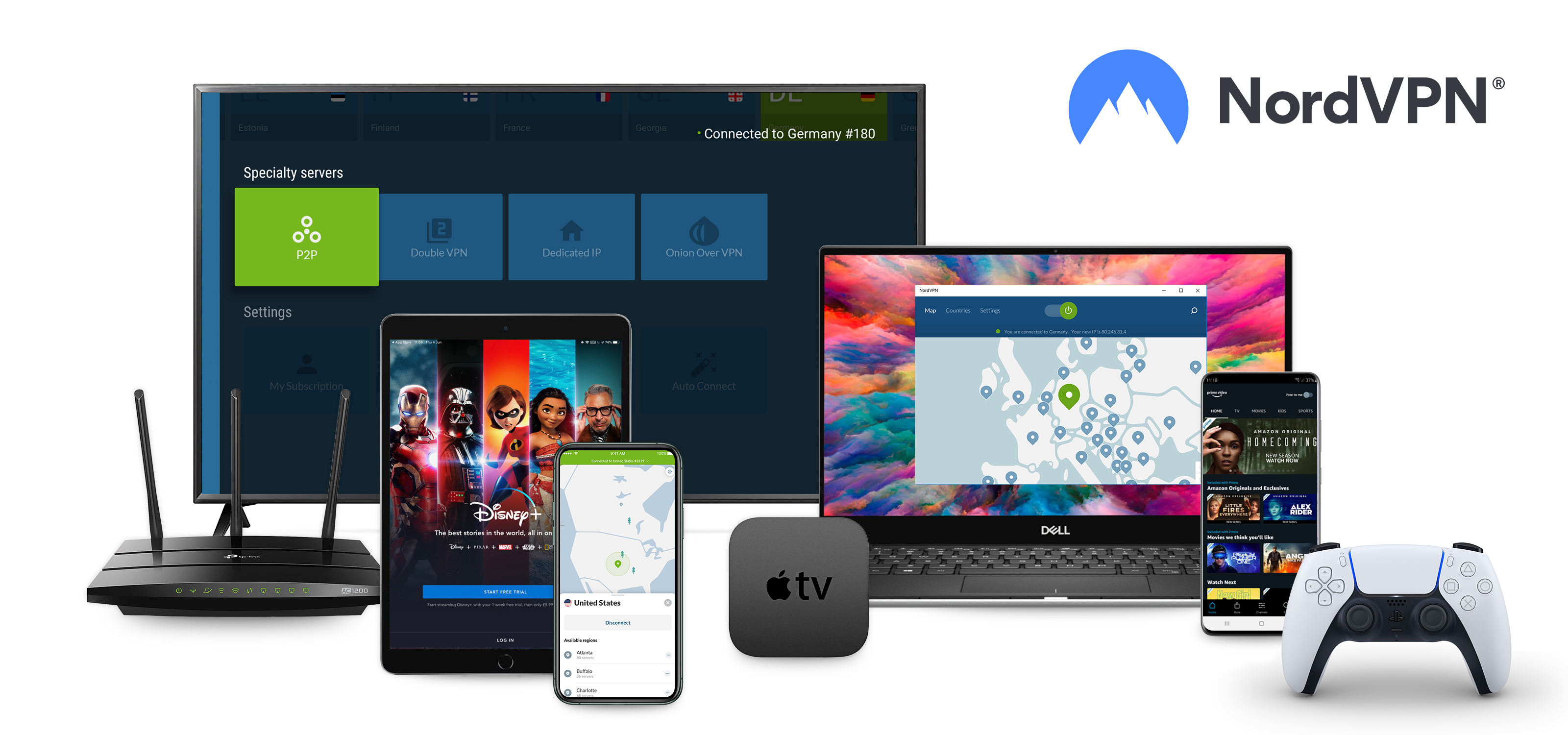
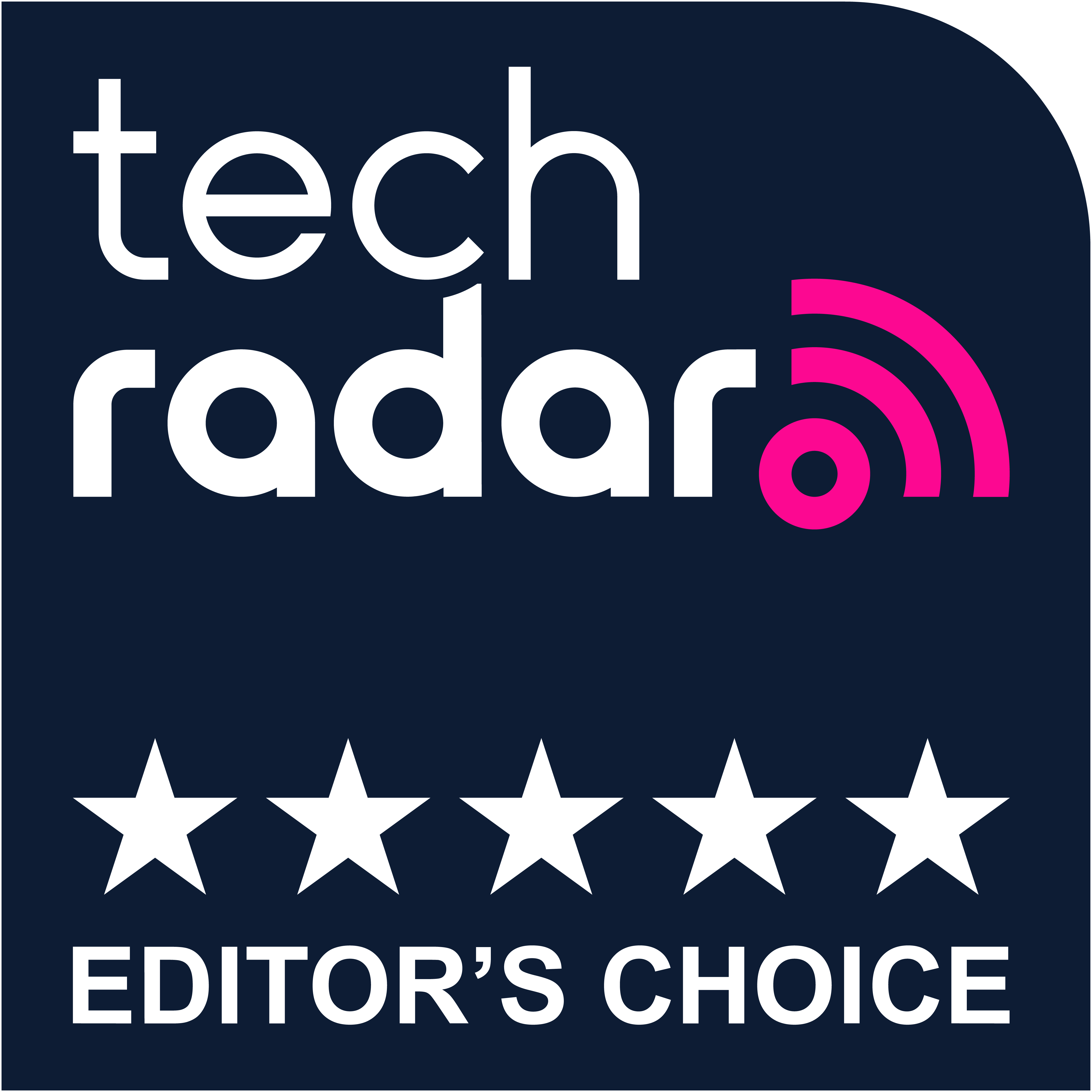
2. NordVPN
A tried and tested titan of the VPN sphere
Audited no log policy: Yes | Based in: Panama | Available on: Windows, Mac, iOS, Android, Linux (CLI), routers and more | Simultaneous connections: 10 | Refund period: 30 days
NordVPN is a big-name provider with an impressive commitment to user privacy, and even invests in third-party audits to prove it. In late 2024, NordVPN asked Deloitte to put its no-logs policy under the microscope, with the firm stating that there were no violations. This wasn't NordVPN’s first time at the security rodeo, either, as the service previously underwent two additional audits targeting other areas of the VPN.
Over the years, NordVPN has become a go-to service thanks to its robust privacy package. All of your day-to-day browsing is secured by industry-standard AES-256 encryption, ensuring nobody (not your workplace, government, or Internet Service Provider) can monitor your activity. This is reinforced by NordVPN's private DNS and Double VPN tool, which routes your traffic through two servers for twice the protection.
▶ Try NordVPN with a 30-day money-back guarantee
Read more about NordVPN ▼
NordVPN is, quite frankly, the best streaming VPN out there. It's super fast, maxing out my connection at 950 Mbps, which is way more than you need to enjoy HD content without constant buffering interruptions. Plus, it can unblock the likes of Netflix, BBC iPlayer, Prime Video, and more, so you can keep up with your favorite shows regardless of whether they're available natively in your neck of the woods.
There are NordVPN apps for pretty much every gadget, and while the design is modern and user-friendly, there's a touch too much clutter for them to feel truly intuitive. If you're after a mobile VPN, it’s worth noting that NordVPN's interactive map gets a little tricky to use on smaller screens—especially if you're trying to pinpoint an exact location. Surfshark has NordVPN beat when it comes to sheer simplicity.
On the other hand, it's hard to overstate just how many features you get with NordVPN in return for incredibly fair prices. Plus, the provider is constantly cooking up awesome VPN deals that'll save you even more cash, so keep an eye out around holidays if you want to bag a bargain. Finally, ten simultaneous connections is pretty generous for a VPN, and give you plenty of leeway to share your subscription with friends or cover all of your gadgets.
If you'd rather not take my word for it, you don’t have to—NordVPN offers a 30-day money-back guarantee you can use to trial the service before picking up a long-term subscription.
The best VPN for beginners
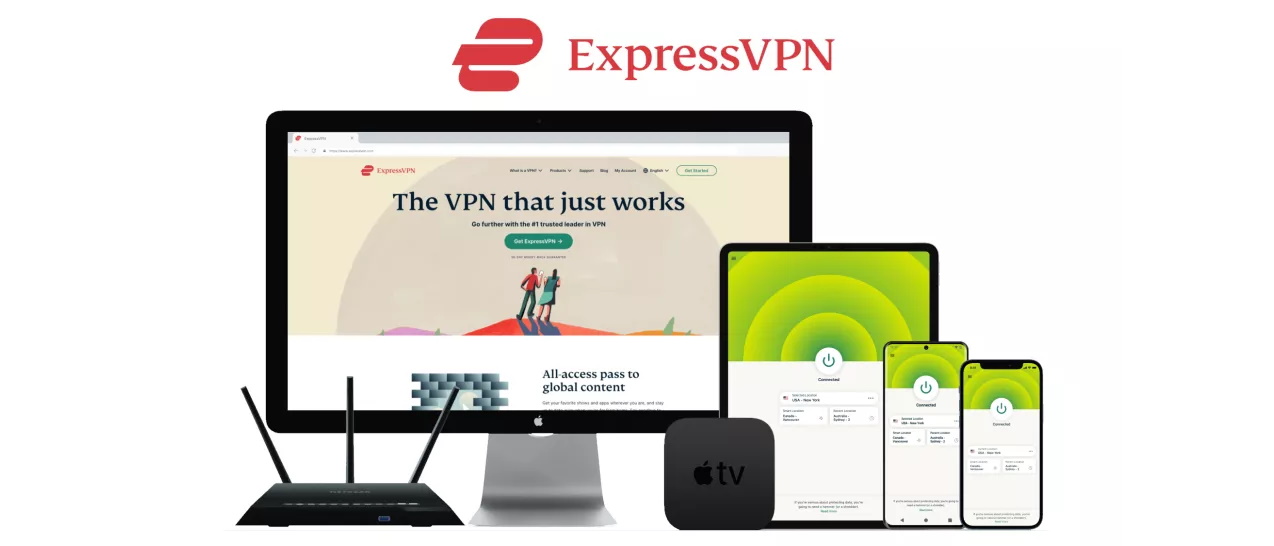
3. ExpressVPN
Premium protection ideal for newbies
Audited no log policy: Yes | Based in: British Virgin Islands | Available on: Windows, Android, iOS, Mac, Linux (command-line only), Routers, almost everything else | Simultaneous connections: 8 | Refund period: 30 days
ExpressVPN isn't interested in beating around the bush when disclosing its attitude to logging. There's a clear-cut policy you can check out that explains, in plain English, what the company does with the minimal logs it collects, and ExpressVPN has undergone a whopping 19 third-party audits (conducted by well-known firms like Cure53 and KPMG).
I like that ExpressVPN is the total package. Your browsing habits will be kept under lock and key thanks to AES-256 encryption, and secure DNS even keeps your ISP from keeping tabs on what you get up to. The result is digital peace of mind—and the kill switch (which kicks in if the VPN connection drops, cutting your internet access and preventing data leaks) is an extra layer of protection.
► Try ExpressVPN with a 30-day money-back guarantee
Read more about ExpressVPN ▼
Although ExpressVPN isn’t the quickest service on the block, it's no slouch. Its proprietary protocol, Lightway, clocked in at 898 Mbps—which will keep your HD streams running smooth, your downloads short and snappy, and your overall browsing experience speedy. ExpressVPN is also a great Netflix VPN, unblocking the UK, US, Australian, Canadian, and Japanese libraries.
Okay, so the elephant in the room is that ExpressVPN is pricey compared to the competition. If you're a real bargain hunter, you might want to stick with PIA and Surfshark, but if you're willing to splash more cash, ExpressVPN does provide a long list of reliable features—like split tunneling, a password manager, and a malware blocker.
Where ExpressVPN shines is usability, making it my recommendation to VPN newcomers who have never toyed with an app before. Whether using it on PC or mobile, ExpressVPN’s interface is arty and sleek, and hopping from server to server only takes a tap. Plus, the auto-connect feature pairs you up with the best server for you (based on your location).
If you're tempted by ExpressVPN's impressive security tools and luxe apps, but are wary of those steep prices, it’s worth making good use of its 30-day money-back guarantee to try the service in your own time, risk-free, and get every cent back if you're less than impressed.
Other VPNs I've tested and recommend
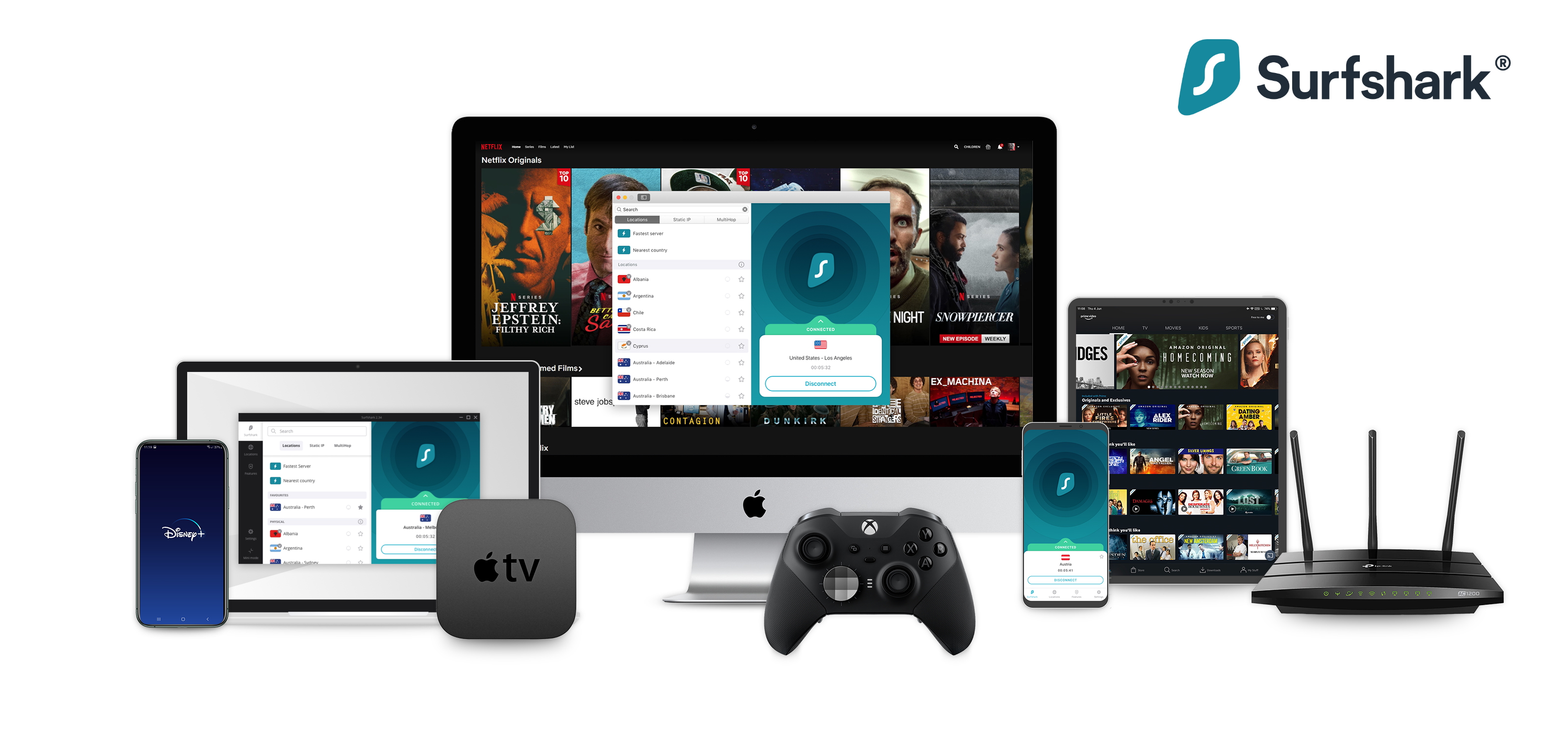
4. Surfshark
Affordable, secure, and super-speedy
Audited no log policy: Yes | Based in: British Virgin Islands | Available on: Windows, Mac, iOS, Android, Linux (GUI), routers and more | Simultaneous connections: Unlimited | Refund period: 30 days
Surfshark makes privacy affordable for everyone—which is why it's one of my favorite secure VPNs. It has put its no-logs policy through four independent security audits, so you don't have to take its promises on blind faith alone. These audits sniffed out a few vulnerabilities in the past, which isn't totally unusual, but Surfshark wasted no time setting them straight—it's the kind of proactive response I like to see.
On the security side of things, you can pick from some of the industry's most trustworthy protocols—WireGuard and OpenVPN included. This gives you the power to prioritize speed or pure privacy, respectively, and Surfshark covers all of your browsing sessions with solid AES-256 encryption. So, whether you're at home, at work, or using notoriously insecure public Wi-Fi hotspots, you won't have to worry about nosy third parties.
▶ Try Surfshark with a 30-day money-back guarantee
Read more about Surfshark ▼
Surfshark is wickedly quick. It's my #1 fast VPN, seeing as it maxed out my connection line with WireGuard speeds of over 950 Mbps. That's great news if you're looking for a gaming VPN that can keep up with your online matches (and help you link up with friends overseas), or a service that'll hop over those pesky geo-restrictions so you can tune in to your TV favorites.
I’m constantly blown away by the fact that Surfshark offers unlimited simultaneous connections. It's great value for money because you'll be able to connect all of the devices you own (and let friends and family get in on the fun) at no extra cost. The revamped Windows app looks pretty snazzy, too, and makes connecting to any of the Surfshark servers (in 100 countries) a breeze.
You can't go wrong with a Surfshark subscription—the prices are minuscule, they're packed with features, and you'll get a 30-day money-back guarantee in case you change your mind later.
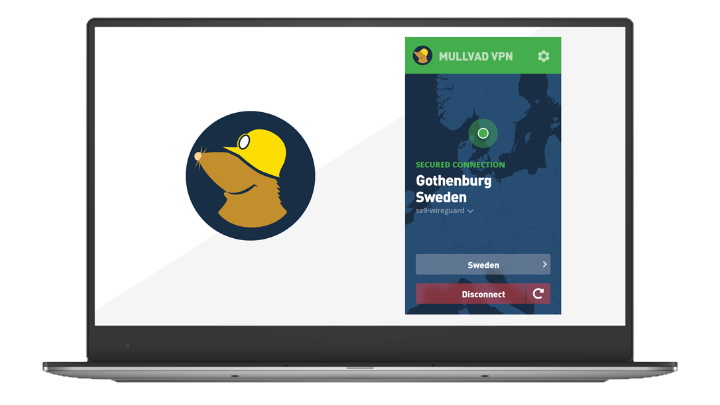
5. Mullvad
A speedy service that's security-first
Audited no log policy: Yes | Based in: Sweden | Available on: Windows, Mac, iOS, Android, Linux (GUI), routers and more | Simultaneous connections: 5 | Refund period: 30 days
Unlike some VPNs, Mullvad doesn't require you to work to figure out its logging policy. All you need to do is head over to the provider's policy page, and you'll see everything laid out for you, jargon-free. Best of all, the VPN has undergone two separate independent audits in 2021 and 2022, which is great to hear. I'd like to see Mullvad continue this trend with a new audit, however, so we can be sure nothing has changed in the intervening years.
On the surface, Mullvad might not look as feature-rich as its competitors, but you might be surprised by how many handy tools are packed into its plan. For a start, the ad-blocking functionality works like a charm and stops annoying pop-ups and trackers. Plus, you can add adult sites, gambling pages, or anything else that doesn't take your fancy to a block list.
▶ Try Mullvad with a 30-day money-back guarantee.
Read more about Mullvad ▼
Speaking of surprises, I was blown away by just how quick Mullvad is. I tested its WireGuard speeds and recorded a whopping 850+ Mbps. So, if you plan on torrenting or online gaming, Mullvad won't slow you down. If you'd rather stick to the tried and tested OpenVPN option, you'll also be glad to know that Mullvad is quicker than most of its peers, clocking in at 450+ Mbps.
Unfortunately, where Mullvad falls short is in its streaming capability. I wasn't able to tune in to any Netflix libraries while I was putting the service to the test, which is going to be disappointing to a lot of folks. The lack of live chat support is a significant downside, too, as problems can and do pop up at any time of the day.
If streaming isn't your thing, and you want a VPN that focuses on privacy, Mullvad does deliver. You'll have access to a reliable kill switch and leak protection that ensure you don't leave an identifiable trail across the web, and all of the Mullvad apps are nice and intuitive, even if you're new to VPNs.
If you're interested in taking Mullvad for a test drive, you'll want to take advantage of the 30-day money-back guarantee—though this won't apply to cash-only payments.
How to choose a VPN
When shopping around for a VPN, there are a few key criteria to keep in mind—but everything hinges on what you'll be using your VPN for. Is security the be-all and end-all? Or do you want to check out international streaming content, too?
Either way, here's what you should look for in the best no-logs VPN.
- Proven policy: a no-logs policy is a must-have for the privacy-conscious, and the best services undergo regular third-party audits to keep users in the know.
- Security tools: most VPNs offer a kill switch and a handful of VPN protocols, but some services really push the boat out when it comes to extras. NordVPN, for example, has built-in ad-blocking tools.
- Speed: nobody wants to be stuck waiting for a webpage to load or a video to buffer, so you'll want to stick with speedy VPNs that can handle data-intensive tasks like HD streaming and gaming.
- Ease of use: VPNs have never been more consumer-friendly - but some are more intuitive than others. Look for intuitive apps, compatibility with all of your gadgets, and 24/7 customer support.
- Price: this is a big one (especially since we're still feeling the cost-of-living crunch). Luckily, there are reliable VPNs to suit all budgets, ranging from the luxe and lavish to the budget-friendly - so there's no reason to break the bank.
The best no log VPN FAQs
What makes a good private VPN?
In addition to a regularly audited no-logs policy, a good private VPN has a plethora of security tools that'll boost your overall privacy. Today's top VPN encryption protocols, reliable kill switch, DNS leak protection, and obfuscation tech are great examples.
Can you get hacked while using a VPN?
It is possible to be hacked while using a VPN; however, the chances of this happening are pretty low. A VPN adds an extra layer of security to your internet connection, safeguarding your data and detecting unusual online behavior.
Can you be tracked with a no-log VPN?
Using one of my top-rated no-log VPNs ensures that your online activity can't be tracked. This is thanks to the VPN's encryption, IP spoofing ability, and aversion to keeping user logs. Be careful about what you share online, however, as your VPN can't prevent tracking if you willingly hand over information to apps or webpages.
Are there free no log VPNs?
There are a handful of reliable free no-log VPNs, but I'd avoid using free services if you're truly concerned about your digital privacy. These services come with pretty serious drawbacks, like bandwidth caps and monthly data allowances, that can sour your overall browsing experience.
Worse still, some free providers are little more than scams designed to collect your data, sell it to third parties, and turn a profit. If you're looking for an inexpensive way to trial a robust and super-secure VPN, I'd recommend making good use of one of my top picks' 30-day money-back guarantees.
What is a no-logs policy?
In a nutshell, a no-logs policy is a VPN's promise not to collect or share your information while you're connected to one of its servers. The VPN is stating that it won't track information, like your search queries, the websites you visit, the amount of time you spend on them, or your downloads.
Nowadays, it'd be unusual for a VPN not to provide a no-logs policy. A VPN is all about protecting your online activities, after all, so squirreling away your personal data is a major red flag. A lot of VPNs take their no-log policies so seriously that they invite third-party organizations to independently audit them. This ensures that the policies are effective and don't put users at risk—and are a good indication of the provider's transparency, too.
We test and review VPN services in the context of legal recreational uses. For example: 1. Accessing a service from another country (subject to the terms and conditions of that service). 2. Protecting your online security and strengthening your online privacy when abroad. We do not support or condone the illegal or malicious use of VPN services. Consuming pirated content that is paid-for is neither endorsed nor approved by Future Publishing.
Sign up for breaking news, reviews, opinion, top tech deals, and more.

Rob is TechRadar's VPN Editor. Coming from a background in phones and technology, he's no stranger to the risks that come with putting yourself online. Over years of using different platforms, testing the limits of his online persona, and feeling the brunt of several data breaches, Rob has gained a keen understanding of cybersecurity and the benefits of services such as VPNs in providing a secure online experience. He uses this to not only advise on the best ways to stay secure online but also share his own experiences and especially how to avoid trouble. Outside of work, you'll find Rob on the tennis courts, in the gym, or diving into the biggest and best games of the year.
To share a story or tip, email robert.dunne@futurenet.com
- River HartTech Software Editor
